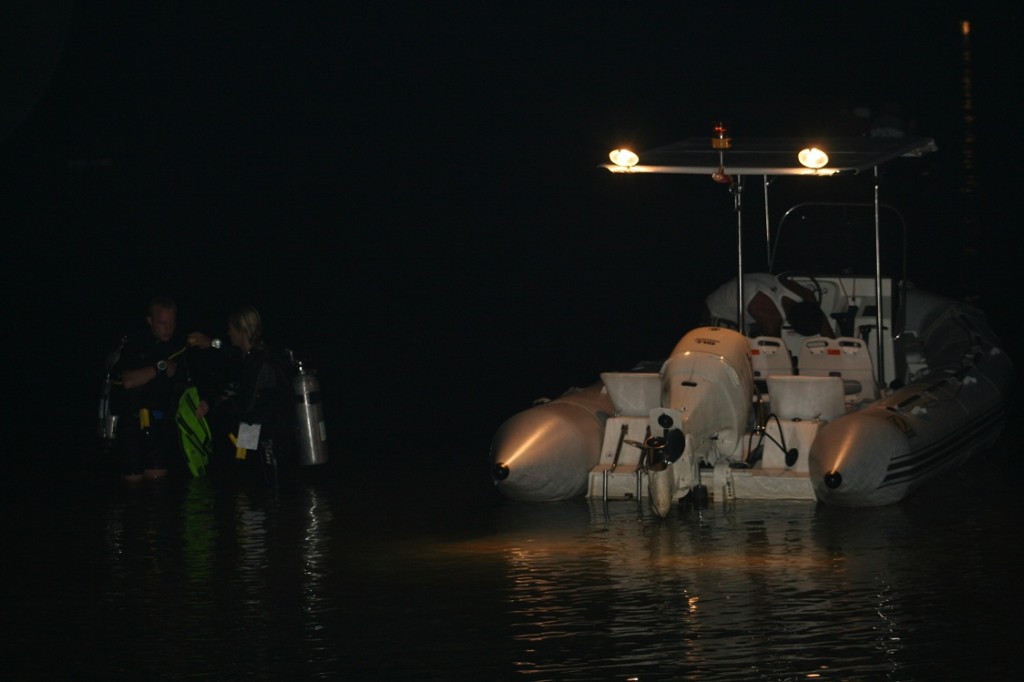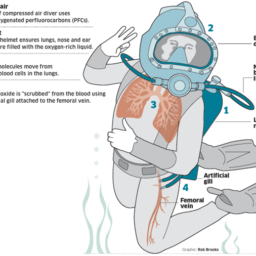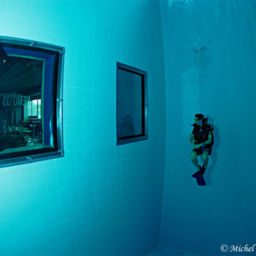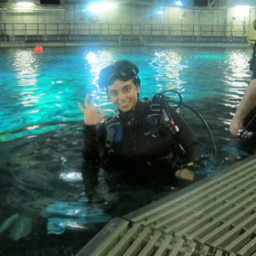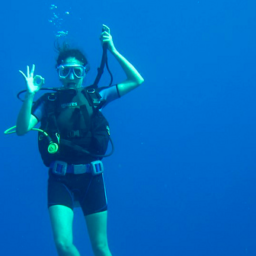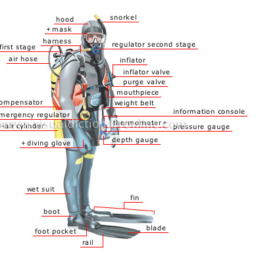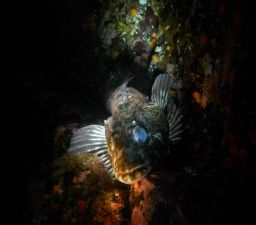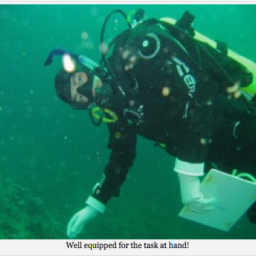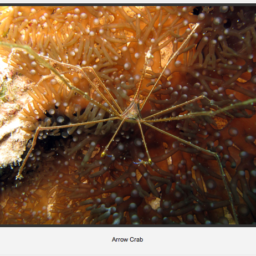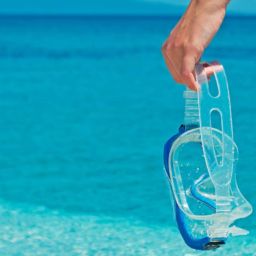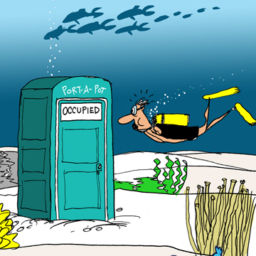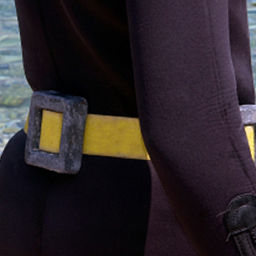There’re extra hazards while diving within darkness, like flashlight or torch failure resulting within losing vertical visual references as well as not having the ability to control buoyancy or depth, not having the ability to read tools like diving computers and diving cylinder contents gauges and division from the remainder of the dive group, shore cover or boat.
Usual precautions for night dives will be to possess the flashlight/torch, to utilize a strobe light, to avoid shining the light into other divers’ eyes, to understand and utilize surface light signals as well as to utilize a surface marker buoy that has an attached cyalume stick or strobe.
Diving sites for the scheduled dive must be familiar from previous immersion to facilitate orientation. In order for the exposure to darkness to be less severe, diving needs to start at dusk. These are the requirements of the night dive site:
-a lack of strong flows or surf (tides control, stable weather)
-the sufficient visibility underneath the water as well as the absence of obstacles, like caves, trees, cables or ropes
-a lack of surface activity like traffic or dredgers
-safe and reliable exit and entry, without islands of algae, a bottomless pit or steep slopes
Instantly before diving, you must check thoroughly you and your buddy’s equipment. It additionally will apply to the illuminator, that’s required following immersion, for removal of the equipment.
Dangers will lie at the entrance. Accumulation of shoals or islands of algae, profits, slippery ground, or steep slopes could lead to issues for divers as well as their equipment.
The primary danger will be psychological. Even the advanced diver fears the night, as suddenly from the darkness, a fish encounters him. The difference will be that the experienced diver will smile, but a newcomer might panic due to the stress of awaiting shark attacks.
An additional risk will include underwater obstacles which might be encountered due to the limited visability or negligence. Within this situation, the only thing that helps is slow retreat and calmness.


